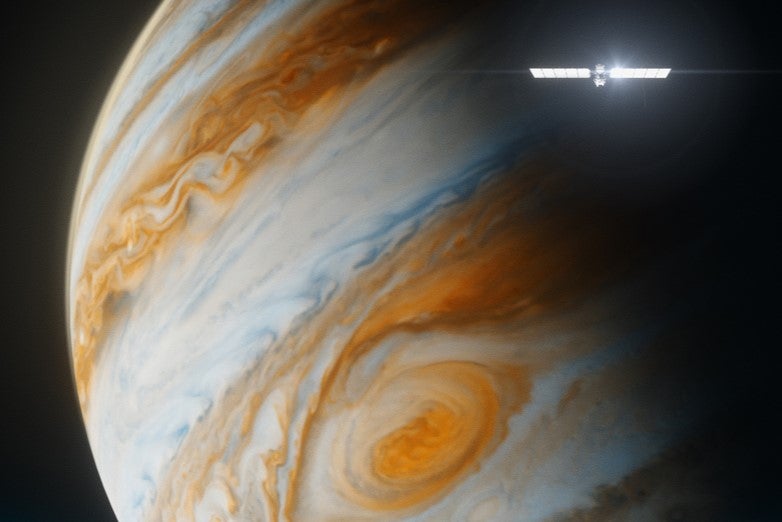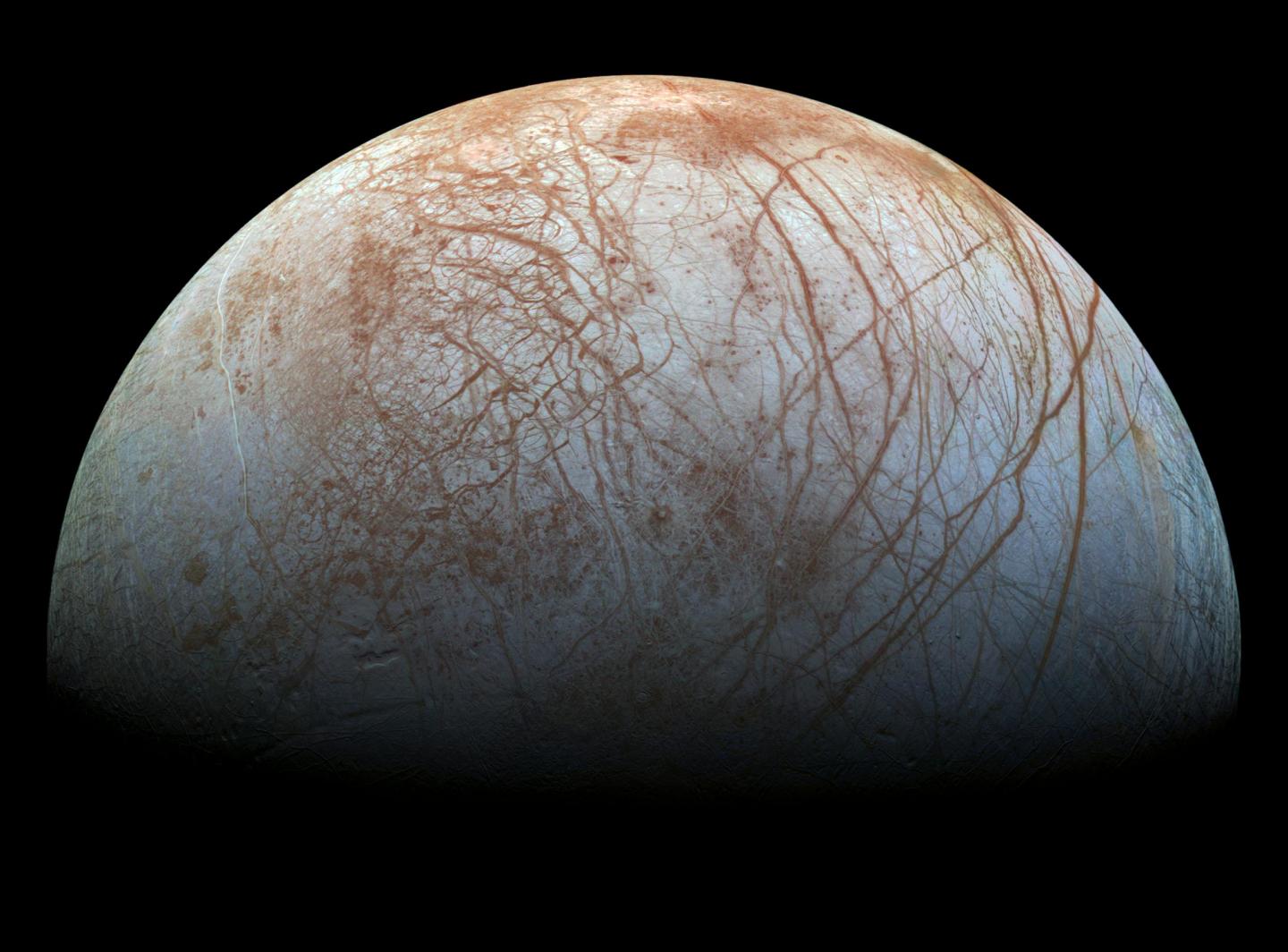Nasa’s ‘Message in a Bottle’ will send your name into space
Names will be engraved on the Europa Clipper spacecraft on its mission to Jupiter’s moon

Nasa is offering people the chance to send their names billions of kilometres into space aboard its next mission to Jupiter.
The ‘Message in a Bottle’ initiative will see people’s names engraved on the Europa Clipper spacecraft, with members of the public urged to submit their names for free before the end of 2023.
Also engraved on the Europa Clipper is a poem by US Poet Laureate Ada Limón, titled ‘In Praise of Mystery: A Poem for Europa’.
The poem was presented at the Library of Congress earlier this year when Nasa’s campaign was first unveiled.
“Writing this poem was one of the greatest honours of my life, but also one of the most difficult tasks I’ve ever been assigned,” Ms Limón said.
“Eventually, what made the poem come together was realising that in pointing toward other planets, stars and moons, we are also recognising the enormous gift that is our planet Earth. To point outward is also to point inward.”

The mission is set to launch in October 2024, reaching Jupiter orbit 2.9 kilometres (1.8 billion miles) away in 2030. It will aim to investigate whether the ocean beneath the icy crust of Europa can harbour life.
The radiation-tolerant spacecraft will enter a looping orbit around Jupiter, performing close flybys of the icy moon to study it with its onboard instruments. Scientists are hopeful that Europa contains all the ingredients for life to emerge and evolve.
“If there is life in Europa, it almost certainly was completely independent from the origin of life on Earth,” said Robert Pappalardo, a project scientist on the Europa Clipper mission.
“That would mean the origin of life must be pretty easy throughout the galaxy and beyond.”
It is not the first time Nasa has sent messages from Earth to space aboard a rocket, having sent gold-plated phonograph records with its Voyager 1 and 2 spacecraft in the 1970s.
The US space agency said the golden records were “a kind of time capsule, intended to communicate a story of our world to extraterrestrials”.
Join our commenting forum
Join thought-provoking conversations, follow other Independent readers and see their replies
Comments
Bookmark popover
Removed from bookmarks